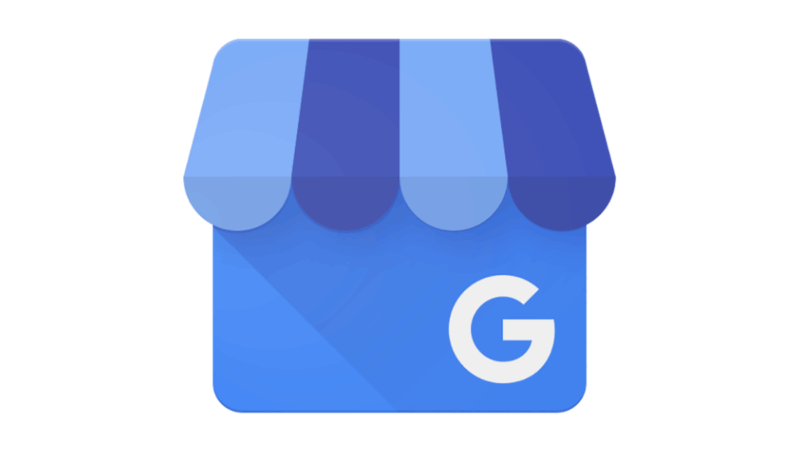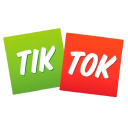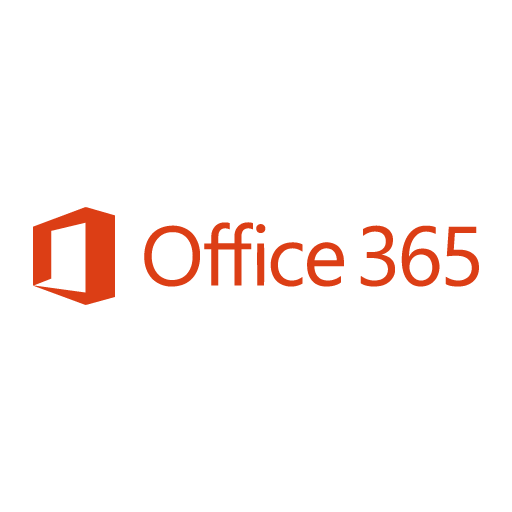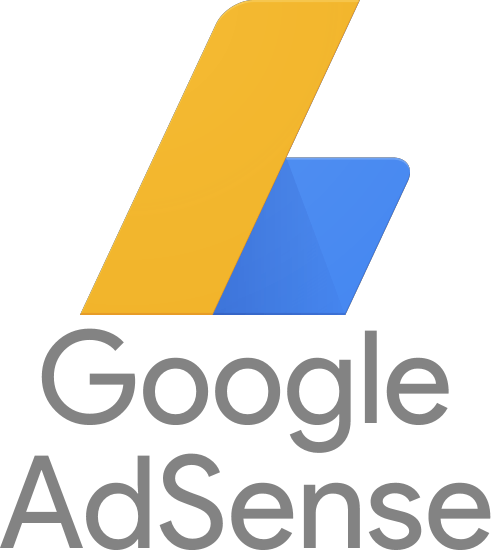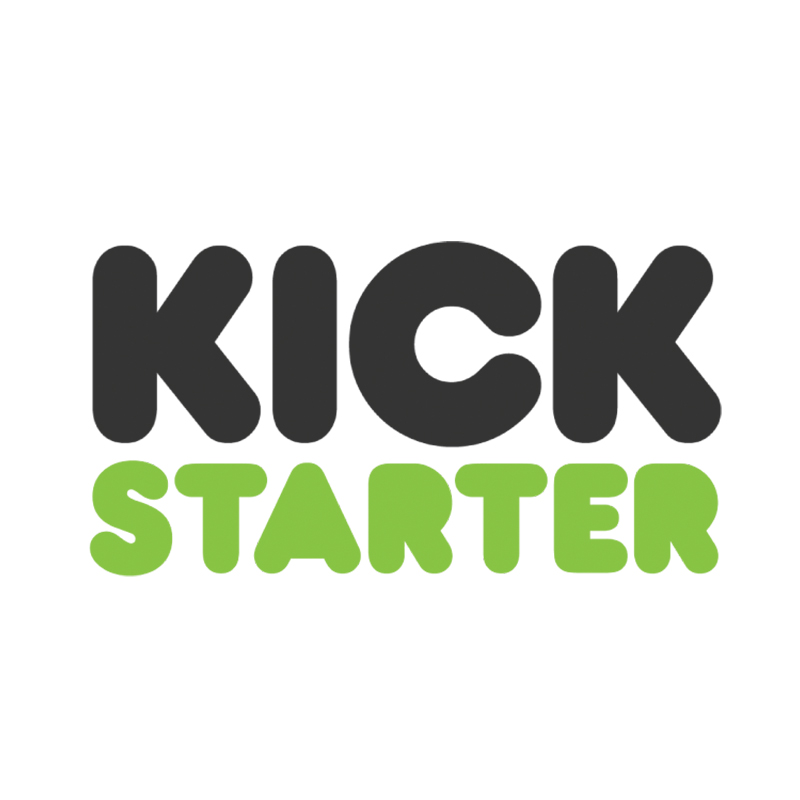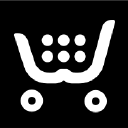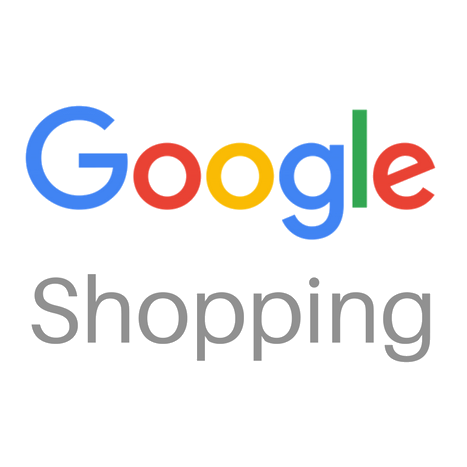How We Hit Our Goal Within 24 Hours On Kickstarter And Raised $30K+ Worth of Preorders
Hello! Who are you and what business did you start?
Hello, my name is Andrew Buehler, and I am the founder of Urban Smokehouse, the world’s first digitally native BBQ brand.
Great-tasting BBQ is often described as being prepared “low and slow,” aka over several hours and in a smoker. Most people don’t have hours to cook or smokers to make food, so we’ve made a product that takes the hassle out of great barbecue.
Our product is prepared the right way, “low and slow,” then immediately vacuum sealed, put on ice, and shipped to customers nationwide. Our process preserves the quality, flavor, and “fall off the bone” texture of great barbecue while enabling customers to make BBQ at home in under 20 minutes in the oven, grill, air fryer, or heating device of their choice!
I launched Urban Smokehouse with one product, pre-cooked and sauced pork baby back ribs, and plan on adding additional SKUs as critical mass is hit within each.
We will likely add brisket, pulled pork, and pulled chicken soon, followed by accompanying and iconic side dishes. Lastly, our ribs are currently prepared in a traditional sweet-tasting BBQ sauce. We will add different flavor options spanning the...


